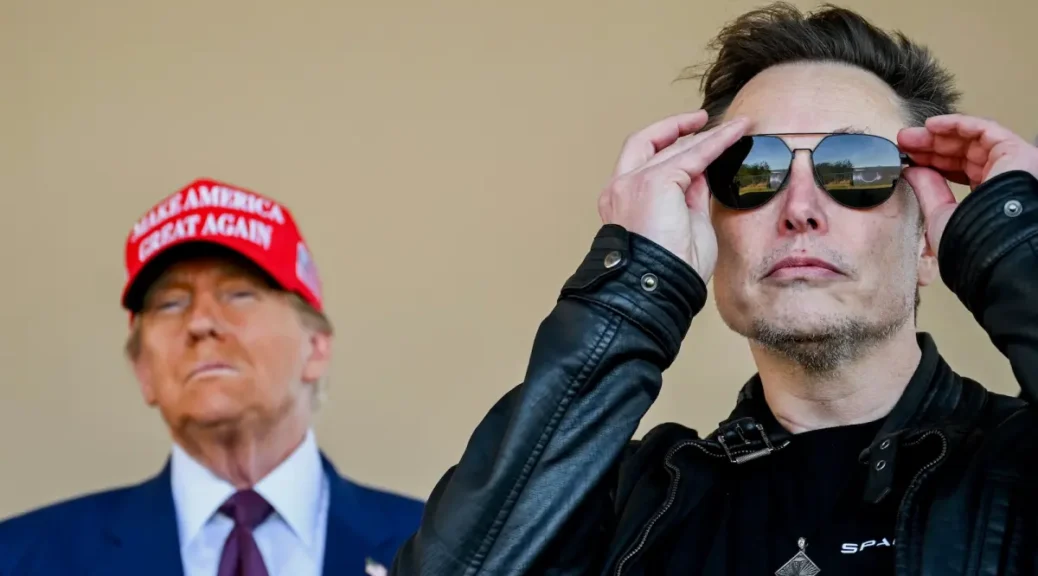Elon Musk, a figure synonymous with innovation, has been tapped alongside Vivek Ramaswamy to lead the Department of Government Efficiency (DOGE) under President-elect Donald Trump’s administration. Their ambitious mission: slash $2 trillion from the federal budget, dismantle bureaucracy, and restructure government agencies. While the plan has sparked concerns about environmental policy and climate initiatives, it also raises the question: could DOGE eliminate fossil fuel subsidies, long a target of environmentalists and fiscal conservatives?
The Scope of Fossil Fuel Subsidies
How Big Are the Subsidies?
The size of U.S. fossil fuel subsidies depends on the metrics used. Estimates range from:
- $18 billion (Fossil Fuel Subsidy Tracker): Covers direct tax breaks and incentives.
- $757 billion (International Monetary Fund): Includes “implicit” subsidies, such as undervaluing environmental damage.
Regardless of the figure, ending these subsidies could significantly increase federal revenue and align government policy with environmental goals.
Examples of Subsidies
- Intangible Drilling Costs: Allows companies to deduct most expenses for drilling new wells.
- Estimated Savings: $6 billion by 2032 (if repealed).
- Percentage Depletion Allowance: Permits recovery of costs for declining oil, gas, and coal reserves.
- Estimated Savings: $7.3 billion by 2032 (if repealed).
Why Ending Subsidies Matters
Environmental and Economic Impact
Fossil fuel subsidies incentivize practices that contribute to climate change and environmental degradation. By ending these subsidies, the government could redirect funds toward cleaner energy alternatives while discouraging continued dependence on fossil fuels.
Moral Consistency
As Matthew Tejada, a senior vice president at the Natural Resources Defense Council, points out, these subsidies contradict claims of fiscal responsibility. “These handouts to the oil and gas industry…fly in the face of everything else they talk about.”
Challenges to Reform
Industry Lobbying
Oil and gas companies wield significant political influence, making it difficult to eliminate long-standing tax breaks. As Stanford’s Mark Jacobson explains, “In all likelihood, [companies] will lobby successfully to preserve their interests.”
Implicit Subsidies
Beyond direct tax breaks, fossil fuel companies benefit from externalized costs like pollution and health impacts, which Jacobson describes as the “biggest subsidy.” Eliminating these would require broader reforms outside DOGE’s mandate.
Additional Environmental Targets
Both Tejada and Jacobson suggest DOGE could address other environmentally damaging policies:
- Corn Ethanol Subsidies:
- Government support for ethanol fuels, despite studies showing they can have greater climate impacts than gasoline.
- Potential Impact: Reducing this support could redirect billions and address over-reliance on corn-based biofuels.
- Expiring Tax Cuts:
- Allowing Trump-era tax cuts to lapse in the spring could generate significant revenue while reducing fiscal pressures.
Will DOGE Deliver?
While the goals of DOGE are ambitious, the practicality of achieving such sweeping cuts remains in question. Historical precedents suggest significant resistance from entrenched interests, especially within the fossil fuel and agricultural sectors.
Elon Musk’s involvement in DOGE presents a unique opportunity to challenge the status quo. Ending fossil fuel subsidies could align fiscal policy with environmental goals and signal a shift toward cleaner energy. However, political and economic realities may limit the scope of reform. For now, the idea of DOGE tackling fossil fuel subsidies remains an intriguing but uncertain prospect.




